How Cook found the right recipe for Swiss travel
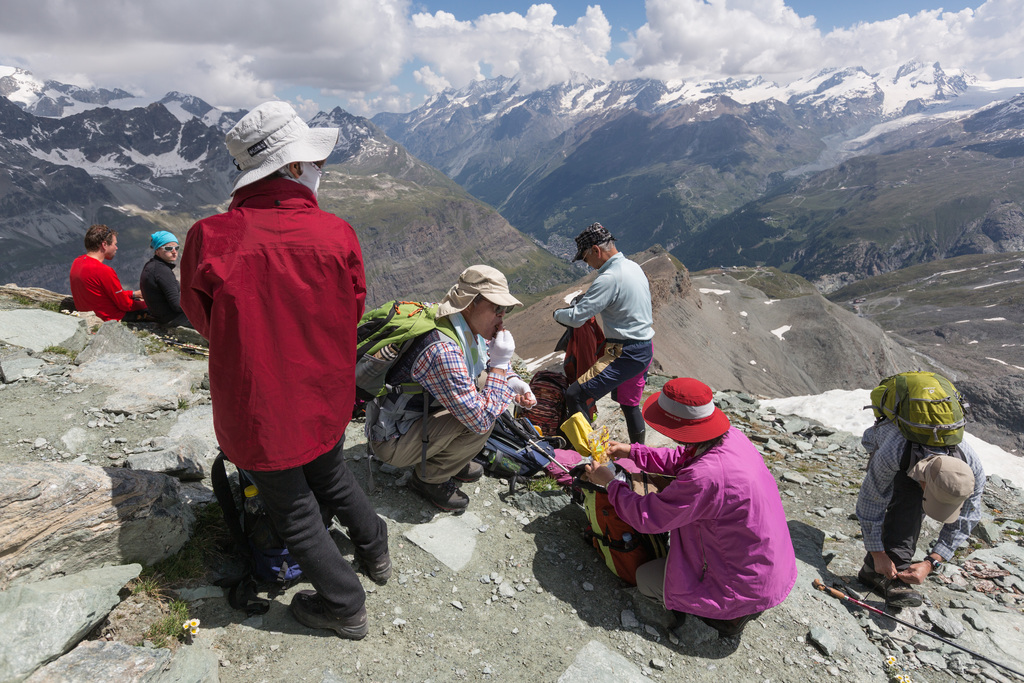
One hundred and fifty years ago Thomas Cook helped launch what developed into one of Switzerland’s major industries: tourism. He brought a party of middle class British holiday makers to a country that previously only the wealthy could afford to visit.
Cook’s idea was to negotiate relatively cheap tickets with railway companies on the basis of group travel. The travellers in his 1863 party had a circular ticket via Paris to Geneva, returning via Lausanne and Neuchatel.
Once in Switzerland, they were basically on their own, although Cook accompanied them for part of the way. For him it was a reconnaissance trip: he was soon offering tours to France and Italy as well.
Cook went on from strength to strength, but it turned out to be a turning point for Switzerland too. His tourists, though affluent, were busy people: they couldn’t afford the leisurely travel of the super-rich, their time was limited because they needed to get back to work. They seized the chance to take a foreign holiday, and the Swiss tourism industry took off.
Today tourism – regarded by economists as an export, since it brings in foreign currency – is Switzerland’s fourth biggest export industry. But to what extent is it still on the radar for the British?
They are currently the second largest group of foreigners – after the Germans – to visit Switzerland every year. And yet, paradoxically, Switzerland is far down the list of destinations visited by the British.
In fact, Switzerland tops a list of destinations considered to represent poor value, according to a report issued by the Post Office in Britain on its foreign currency sales in 2012. The report pointed out that the Swiss franc had strengthened by nearly 40 per cent against sterling in only five years.
But Heidi Reisz of the London office of Switzerland Tourism is upbeat. “The rate of exchange has made things difficult, but things are picking up now. People have got used to it, and the Brits still love the scenery.“
Indeed, official British government figures show a rise in British visits to Switzerland in 2012, although they are still far below the figures for 2008. And according to the Swiss Statistics Office, the trend is continuing, with nearly ten per cent more overnights by British visitors in June 2013 in comparison with June 2012.
“The Brits have always loved Switzerland,” Reisz told swissinfo.ch. “Most of our mountains were first climbed by Brits, and they introduced skiing. Next year we have the 150th anniversary of winter tourism introduced by the Brits in St Moritz.”
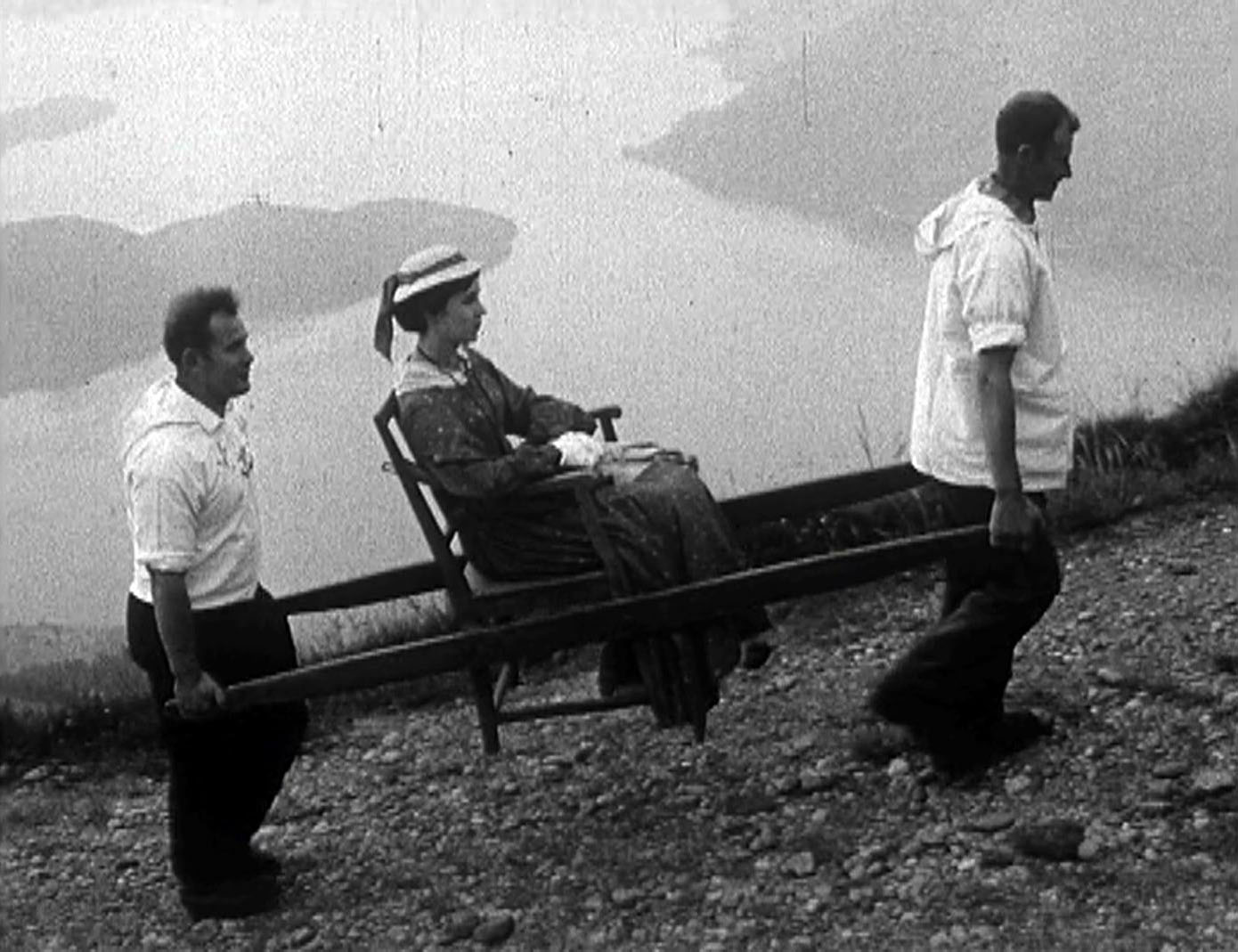
More
A Victorian party visits Switzerland in 1963
Changing attitudes
But who are the modern visitors, and why do they come? And is the spirit of Thomas Cook alive and well?
Certainly Cook’s own attitude towards his business is not one we hear a lot about today.
“In Thomas Cook’s terms, it was all about ‘rational leisure’,” company archivist Paul Smith told swissinfo.ch. “He saw the world as out there to be explored and he thought that if people spent more time learning about other people and about things generally, they would be better for it, and therefore the world would be a better place.”
“Obviously over 150 years that’s changed quite considerably – people now just go on holiday for sun, sea, sand and all the rest of it.”
Clearly Switzerland is not associated with of any of first three – with the inevitable consequences.
“Lakes and mountains types of holidays were certainly still around until about the 1980s. But as a mainstream summer holiday destination, Switzerland very rarely features now at all,” Smith admitted.
Peter Williamson works for a specialist travel agency in York, which concentrates on self-guided and cycling holidays.
“Switzerland is certainly up there among our top destinations at the moment,” he told swissinfo.ch. The strong franc doesn’t seem to be a problem for his company – perhaps because of the nature of their clientele.
“Our customers are people who generally take second holidays. They tend to be early retired people, whose children have left home leaving them free to enjoy their later years.”
They stay in “nice hotels, they enjoy the food, they enjoy meeting local people, and experiencing life off the beaten track.”
Reisz recognises the appeal of Switzerland to older visitors – especially in the summer – but says her office is keen to show that summer activities are not confined to hiking: it is trying to showcase adventure sports as well, like paragliding, bungee jumping and river rafting.
When it comes to competition from other alpine countries, she thinks Switzerland has the edge.
“Everyone has lovely mountains, but ours are just a tad higher. Austria hasn’t got a single mountain over 13,000 feet (3,962 m), whereas Switzerland has 47 peaks over 4,000 m. The mountains always tower over you. It’s a different alpine experience.”
Tourism earned CHF15 billion ($16.3 billion) for Switzerland, the fourth biggest export earner after the chemical, engineering and watch industries.
In 2008 it earned CHF15.6 billion.
In terms of overnight stays, the largest group of foreign guests came from Germany, at 4.6 million; the United Kingdom and US were equal second with 1.5 million each.
UK visitors were split equally between winter and summer.
More than two thirds of the overnight stays by Asians were in the summer months.
Guided tours
Conducted tours still exist but nowadays are something of a niche market – quite a contrast with Cook’s day, as Smith explained.
“When Thomas Cook used to take people on holiday, they didn’t stay in one place. Generally they travelled around: it was a tour. Today most people go to one hotel and use that as a base. They might venture out on little day trips, but generally they don’t go and see half a dozen different cities around Europe.”
A contrast indeed, and yet…
Today the fastest growing body of tourists are the Chinese. At first glance they don’t seem to have much in common with Cook’s first tourists. But, as Switzerland Tourism director Jürg Schmid pointed out in an article in Die Volkswirtschaft magazine, they “travel in groups”, booking their trips “via travel agents with large volume contracts”. And like the group in 1863 they go from one place to the next.
Switzerland Tourism is considering how to persuade them to stay longer and spread out beyond the few main tourist routes. And it would like to see them travelling individually, which is more lucrative.
A century and a half later, the group experience pioneered by Cook is still just a starting point from which further developments can be built.
There have been notable changes in tourism trends since 2005.
Cities are becoming more popular, at the expense of some of the classic resorts.
The number of overnights in St Moritz dropped by 21% between 2005 and 2012. In Montana and Bagnes (Verbier) the figure was 29%.
The number of overnights in cities rose in the same period. An extra 42% stayed in Basel, 33% in Geneva and 25% in Zurich. Much of the rise can be attributed to business stays, but groups – such as the Chinese – who spend only a few days in each country prefer to stay in places with good transport connections.
There has been a rise in tourists from Asia, which has been less seriously affected by the financial crisis than many other parts of the world.
However, they still accounted for only 3.3 million overnight stays in 2012 out of a world total (minus Switzerland) of 19.1 million.
There is little tradition of winter sport in Asia, with the result that ski resorts have not compensated for the decline in European visitors with a rise in those from Asia.

In compliance with the JTI standards
More: SWI swissinfo.ch certified by the Journalism Trust Initiative
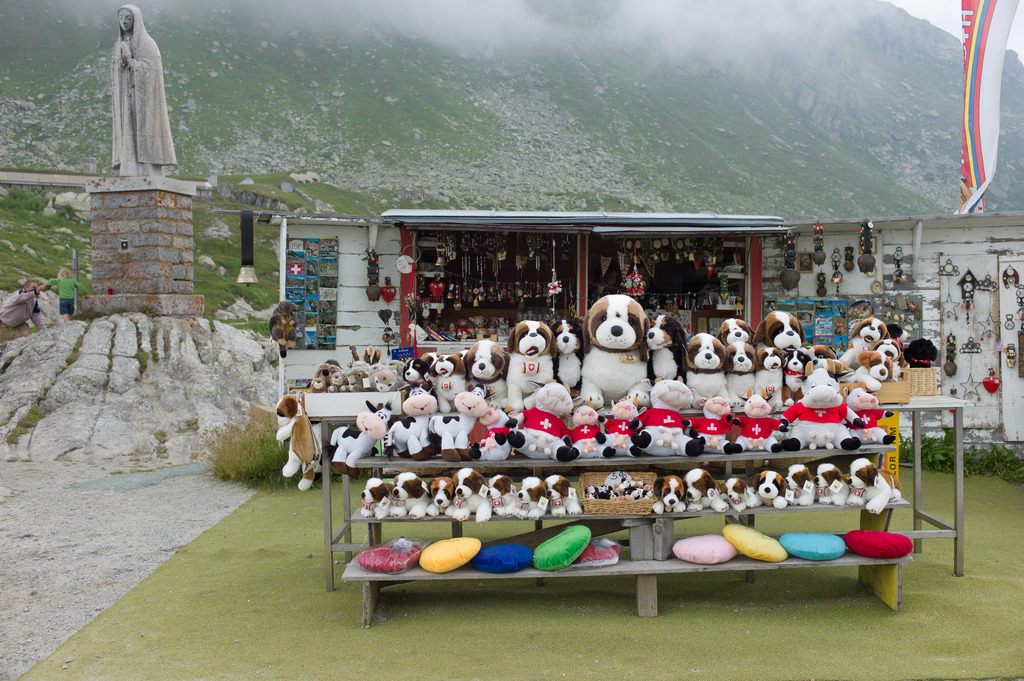
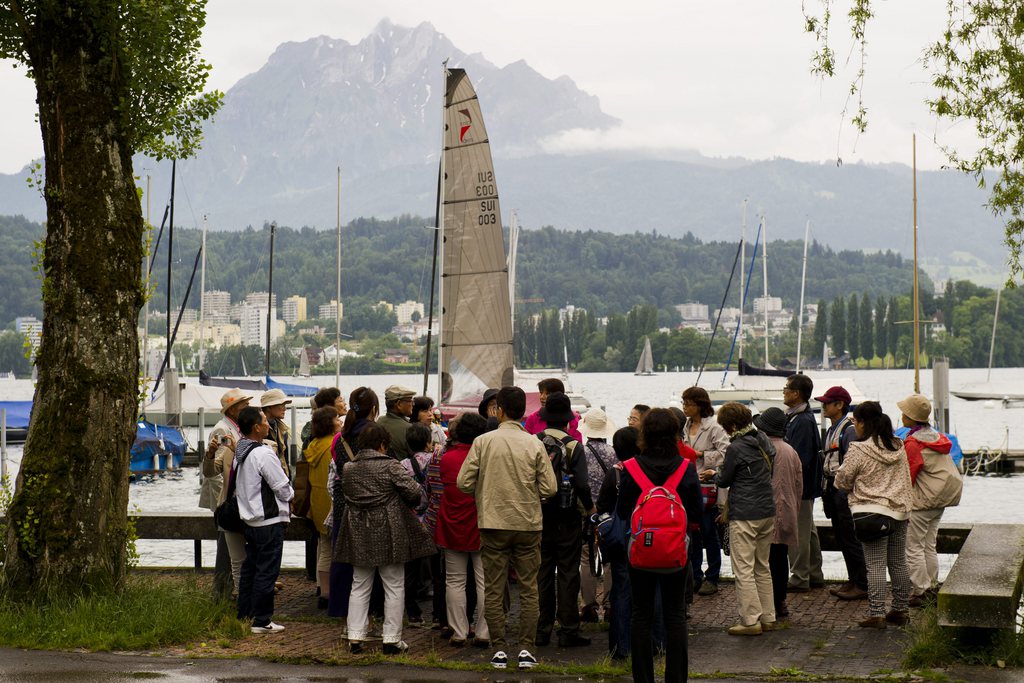
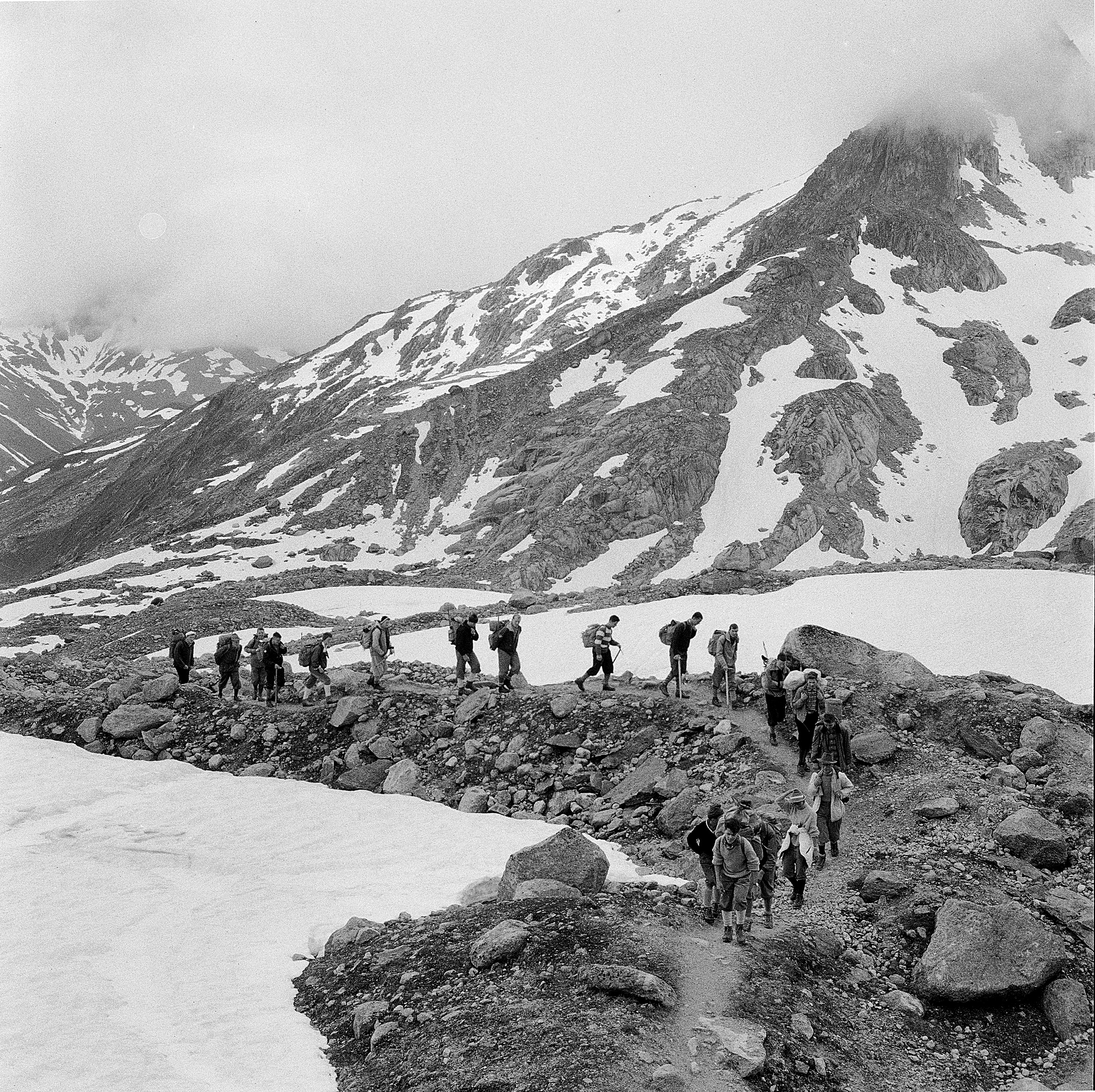
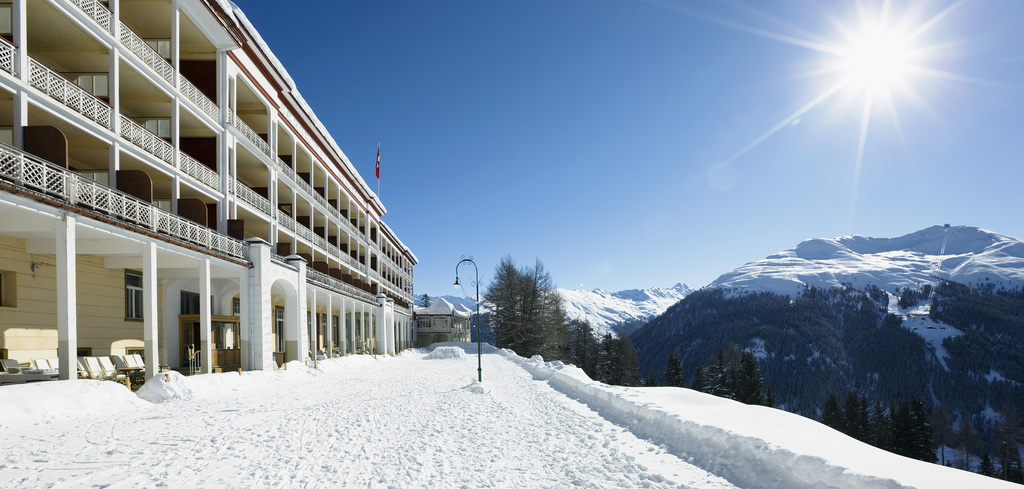
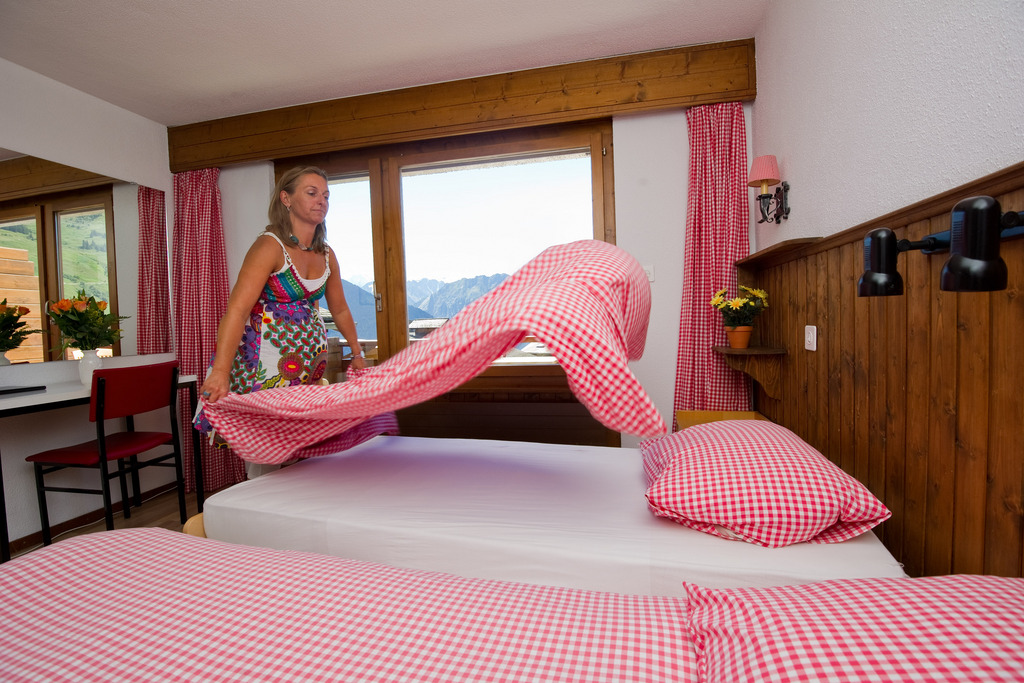

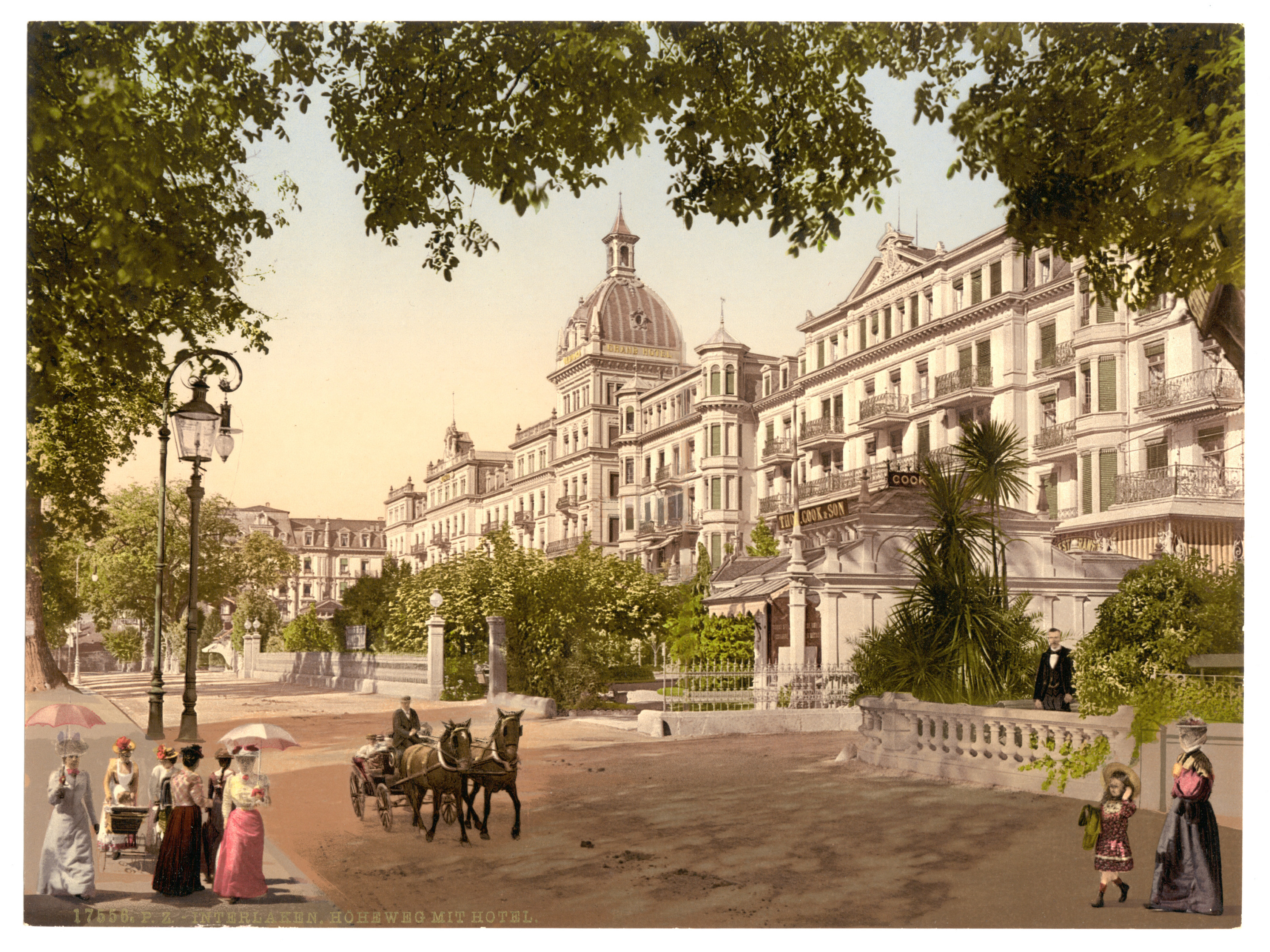
You can find an overview of ongoing debates with our journalists here. Please join us!
If you want to start a conversation about a topic raised in this article or want to report factual errors, email us at english@swissinfo.ch.